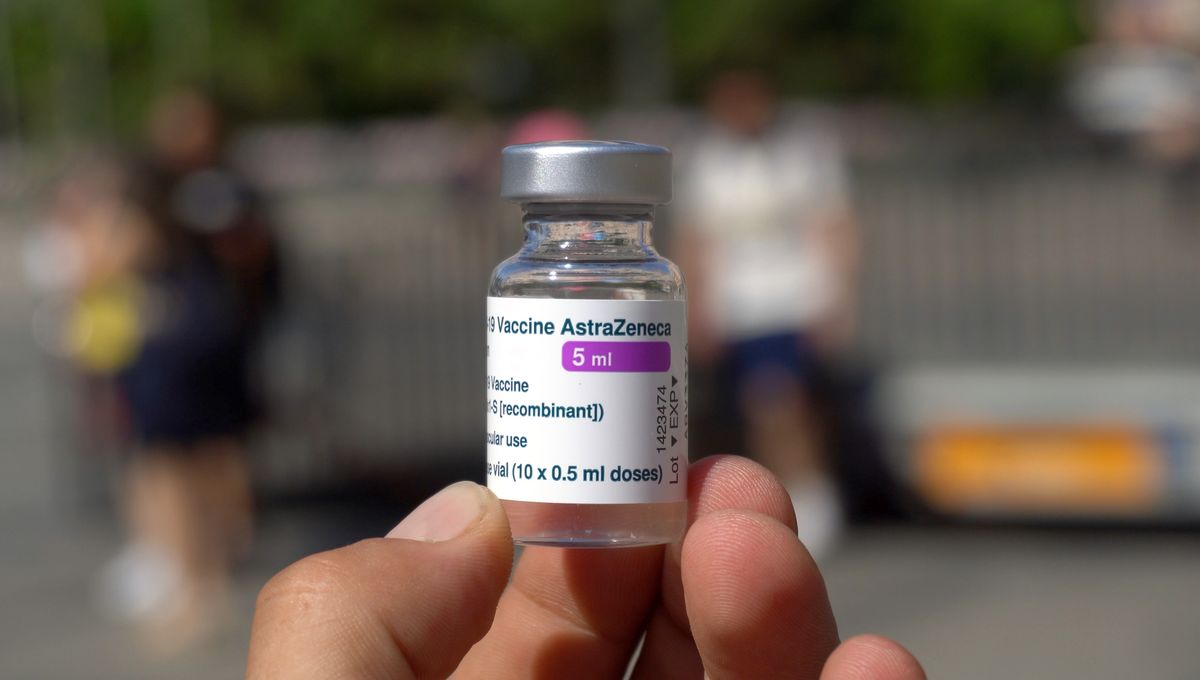
Nearly 3.5 years after it received its first approval for use, the Oxford-AstraZeneca COVID-19 vaccine is set to be withdrawn worldwide. It’s a headline that’ll certainly be an attention-grabber – the vaccine has gained a bit of a reputation in its time, after all – but what’s the reason behind it being discontinued? It’s not as scandalous as some might suggest.
According to a statement seen by the BBC, it was a commercial decision based on there being a “surplus of available updated vaccines”, which has led to a “decline in demand.”
Viruses can mutate and evolve, and SARS-CoV-2, the virus that causes COVID-19, is no different. The result has been a multitude of different variants, with some vaccine developers creating updated vaccines in order to tackle them.
However, AstraZeneca hasn’t followed suit. Professor Adam Finn, University of Bristol, explained to the Science Media Centre (SMC) that this meant that the vaccine, now named Vaxzevria, “is probably now much less effective than it was to begin with.”
“Accordingly, there is probably no commercial case for continuing to manufacture and distribute the vaccine and I think this is likely to be the main reason the company have decided to discontinue making and selling it.”
The company also highlighted the impact of Vaxzevria since it came into use. “According to independent estimates, over 6.5 million lives were saved in the first year of use alone,” read the statement. “Our efforts have been recognized by governments around the world and are widely regarded as being a critical component of ending the global pandemic.”
That being said, the vaccine wasn’t without its problems. Back in 2021, several countries suspended the use of Vaxzevria as a precaution following reports of people developing a rare blood clotting condition, thrombosis with thrombocytopenia syndrome (TTS), after receiving the injection.
The risk of getting vaccine-induced TTS, however, has been found to be considerably low. Based on data from the UK, the overall risk of it developing after getting the jab is estimated to be around 4 in every 1 million people.
A study involving over 29 million people also found that COVID-19 infection posed a much bigger risk of developing blood clots than receiving the AstraZeneca vaccine.
“With almost everything we do there is a harm-benefit assessment that we have to make, and at the peak of the pandemic the AZ vaccine brought far more benefit than harm – that would still be the case, but now more effective and safer avenues are available,” Professor Jonathan Ball, Deputy Director of the Liverpool School of Tropical Medicine told the SMC.
“Perhaps its time has passed,” added Dr Michael Head, a researcher in global health. “But, the Oxford AstraZeneca vaccine has played a key role in the pandemic response for most countries around the world.”
Source Link: Why Has AstraZeneca Taken Its COVID-19 Vaccine Off The Market? Here's What To Know